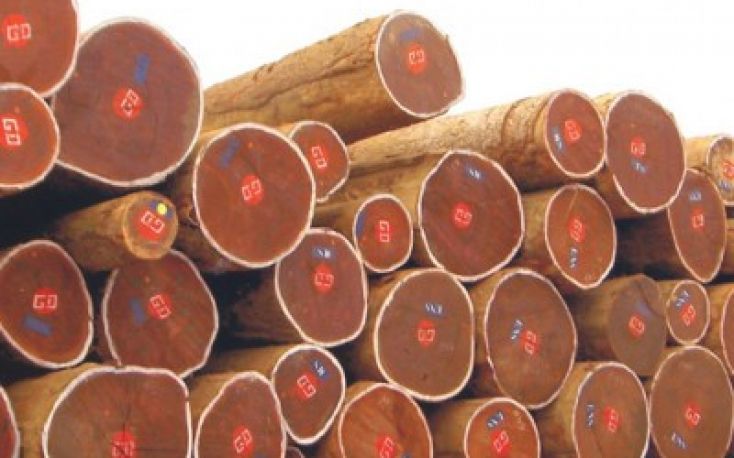Looking at factors behind the sales trends, European importers earlier reported supply issues out of Asia due to an extended 2017/18 rainy season, with bangkirai decking, meranti and keruing all affected, although judging by the figures, importers have played catch up since.
Issues in Cameroon, however, are ongoing. The underinvested port of Douala remains a persistent bottleneck and conflict between the francophone Cameroon government and Anglophone rebels in the southwest of the country is also impacting supply.
Due to these persistent problems, Netherlands-based Wijma has made the sawmilling and forest operations of subsidiary Cafeco in Cameroon temporarily dormant, along with its FSC certification. In the interim, the company stressed it was still supplying certified tropical timber from other sources and was increasing output from its Bidou-based CFK mill in Cameroon, particularly to offset the loss of Cafeco’s azobe/ekki production.
European importers also report tightening of sapele supply generally. One company attributed this to ‘less coming from the forest in current harvest cycles’, but another said the disposal by Rougier of African operations (with the exception of its Gabon business) was also implicated.
Consequently, EU sapele prices have been edging upwards, with forward rates predicted to rise a further 7- 8%.
Prices for the basket of African species preferred in the European market were reported as steady to firming for several months, and with a further 5% spot market increase due.
As for the recent announcement by president Ali Bongo Ondimba that all concession holders in Gabon must ‘embrace an international [certification] standard’ for responsible forest management by 2022, EU importers seem to approve.
“Any effort advancing sustainable forest management in tropical countries should be commended,” said one company. “Thanks to initiatives such as the European Sustainable Tropical Timber Coalition (STTC), we are starting to see signs of increasing awareness in Europe that sustainably sourced tropical timber is available and that using it benefits the forest. We should support any move reinforcing that.”
Speaking to the STTC Newsletter, FSC Congo Basin Director Mathieu Auger-Schwartzenberg said that, while president Ondimba had not consulted FSC in making its decision, FSC would ‘ensure Gabon’s forest managers are given necessary support’ to implement certification.
While only so far mentioning FSC certification, indications also emerged from a Forestry Sector Forum in Libreville in November that the Gabon government would accept alternatives, notably the PEFC/PAFC scheme.
“In his closing remarks, the [Gabonese Forest] Minister reiterated that the President had made a political decision and it was now up to experts [at the meeting] to devise a practical plan for implementing it,” Jaap van de Waarde of the WWF Netherlands, who attended the event, told the STTC Newsletter.
Scandinavian timber importers are greeting a review of the Nordic Ecolabelling scheme as another important move for the tropical timber market in Europe. Arguably the most widely recognised green labelling initiative in the Nordic region, controversially in 2016 it drew up a list 82 tropical timber species it would not cover. Among species barred are ipé, doussie, jatoba, movingui and okoumé.
This led to protests from timber industry organisations, but also FSC and WWF Denmark, which said it potentially disincentivised implementation of certified sustainable forest management, particularly as the Nordic Ecolabel was increasingly required for public sector procurement policy.
Now the Nordic Ecolabelling executive has announced it will review its tropical list, with public consultation on the topic in January.
However, European importers report continuing market resistance to wider efforts, supported by the STTC, ATIBT and other agencies, to boost European acceptance of a wider spread of tropical timber varieties.
“While traditional favourites, like sapele and meranti are readily available, it’s difficult to persuade customers to try lesser known species, although we are seeing some uptake of movingui,” said an importer.



Leave a Reply